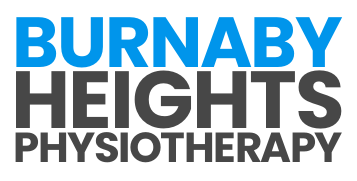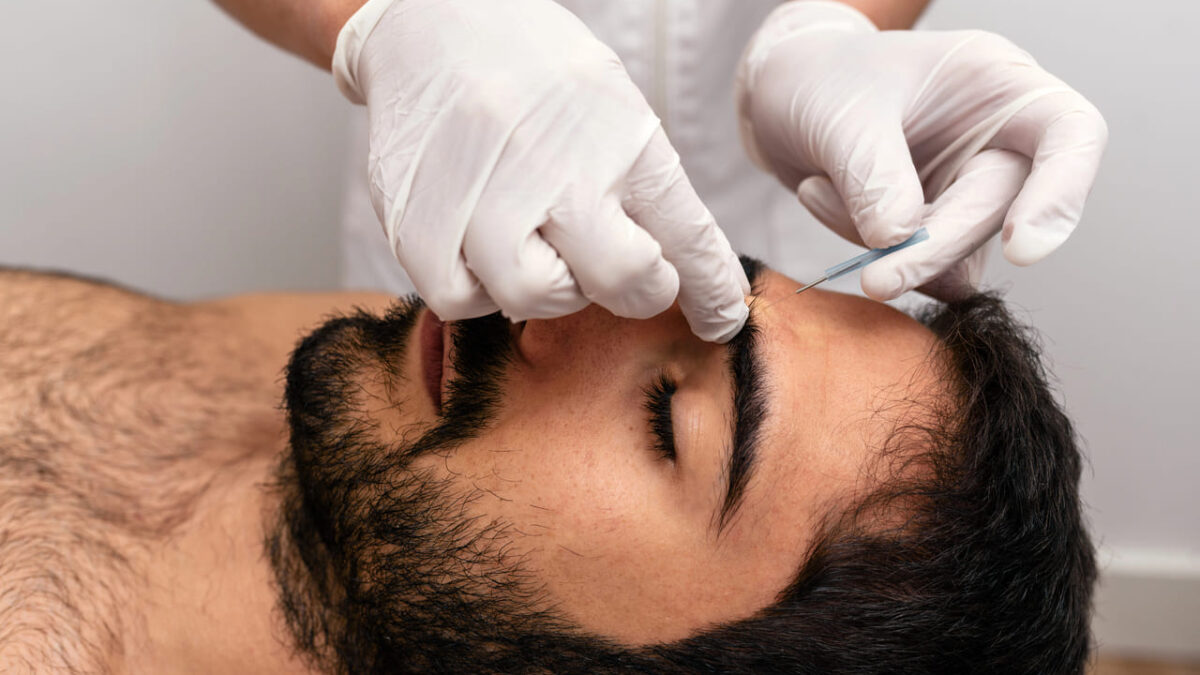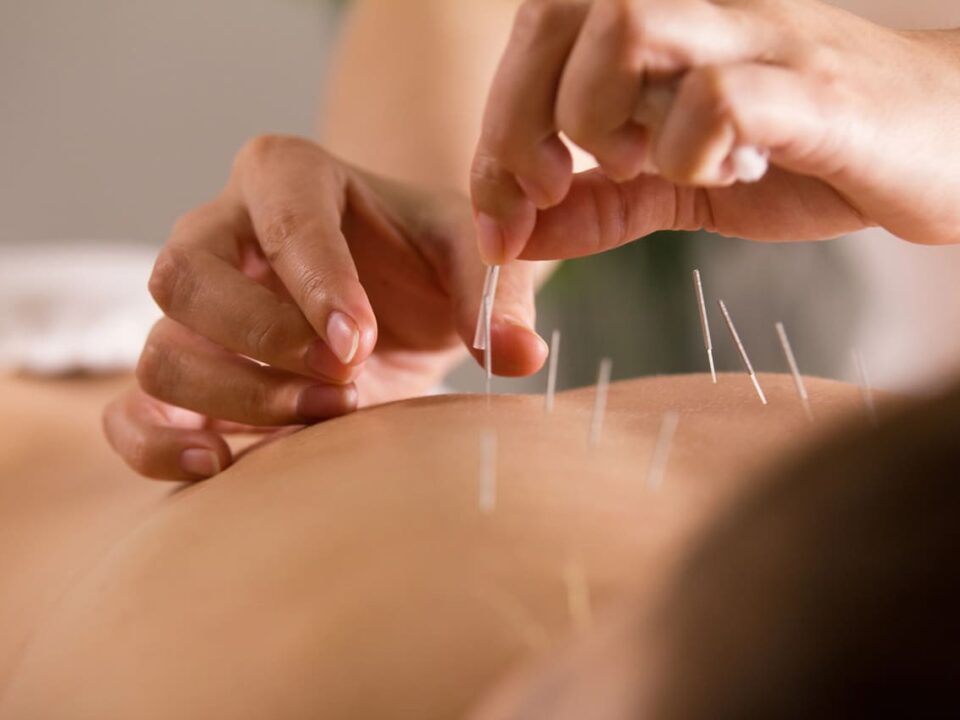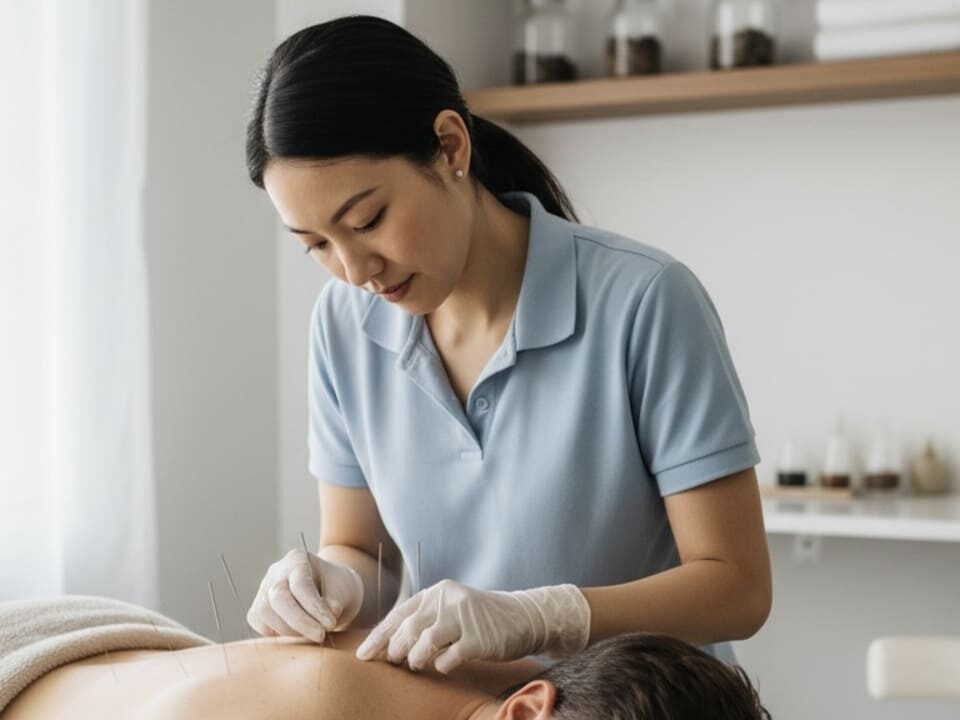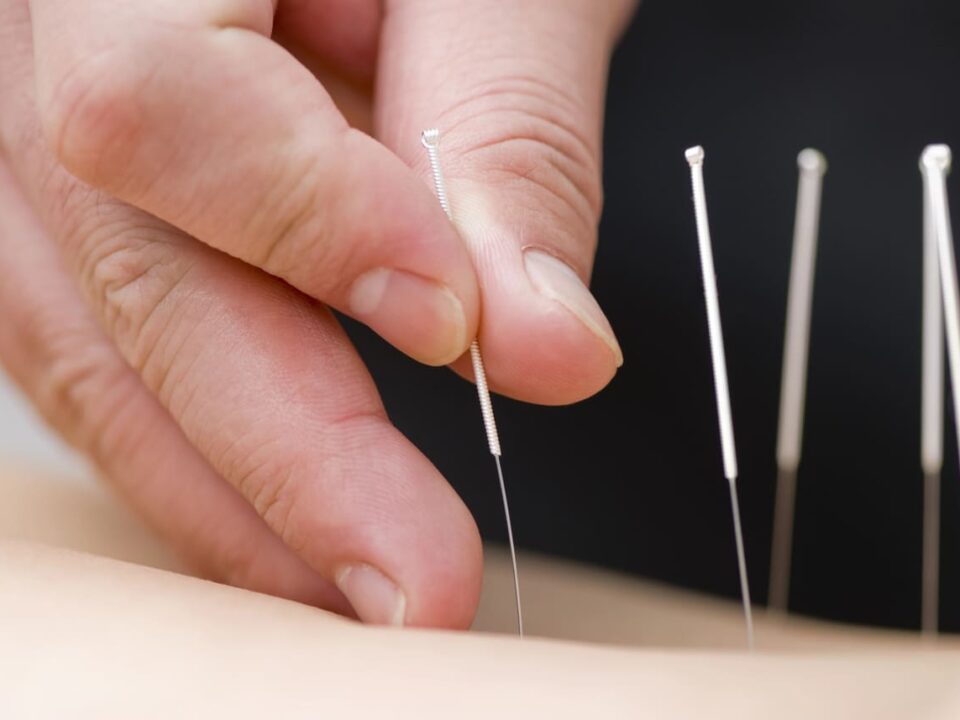Transform Your Life with IMS Therapy for Back Pain Relief
October 27, 2025
The Role of Physiotherapy in Daily Life: Strength and Stability
November 15, 2025Acupuncture, an ancient practice rooted in Traditional Chinese Medicine, is increasingly popular for its potential to support various aspects of health and recovery. This technique involves the insertion of thin needles into specific points on the body to balance energy flow. In this blog, we will explore what to expect during acupuncture sessions, covering everything from the initial appointment to post-session care, to ensure you are well-prepared and informed about the process.
What Happens During Your First Acupuncture Session?
During your first acupuncture session, you can expect a comprehensive assessment, personalized treatment planning, and the insertion of needles at specific points. The session typically begins with a detailed discussion about your health history and goals. Here are some key elements of the first session:
- Initial Consultation: Your practitioner will discuss your health history, lifestyle, and the reasons for seeking acupuncture. This conversation helps tailor the treatment to your specific needs.
- Assessment: The practitioner may assess your pulse, tongue, and other physical indicators to gain a deeper understanding of your condition.
- Treatment Plan: Based on the assessment, a personalized treatment plan is crafted. This plan outlines the points to be targeted and the expected outcomes.
- Needle Insertion: Thin, sterile needles are gently inserted into specific acupuncture points. This process is typically painless, although you might feel a slight tingling sensation.
- Relaxation Period: Once the needles are in place, you will rest for about 20-30 minutes. This time allows the body to respond to the treatment.
- Post-Treatment Discussion: After the needles are removed, your practitioner may discuss any immediate effects and the next steps in your treatment plan.
In summary, your first acupuncture session is a holistic experience aimed at understanding your needs and setting the stage for effective treatment.
How Should You Prepare For An Acupuncture Appointment?
Preparing for an acupuncture appointment involves ensuring physical comfort and mental readiness. It’s beneficial to wear loose clothing, have a light meal beforehand, and maintain an open mind about the experience. Here are some preparation tips:
- Wear Comfortable Clothing: Loose-fitting clothes allow easy access to acupuncture points, such as arms and legs, without the need to undress.
- Eat Lightly: Have a small meal or snack about 1-2 hours before the session. This prevents discomfort from hunger but avoids the sluggishness of a heavy meal.
- Hydrate: Drinking water before your session helps keep your body in optimal condition for treatment.
- Avoid Stimulants: Refrain from caffeine or alcohol before treatment, as they can affect your body’s response to acupuncture.
- Arrive Early: Arriving a few minutes early can help you relax and fill out any necessary paperwork without feeling rushed.
- Communicate Concerns: Inform your practitioner of any concerns or recent changes in your condition to tailor the treatment accordingly.
The key takeaways are to prepare both physically and mentally for your acupuncture session to maximize the benefits and ensure a comfortable experience.
What Does Acupuncture Feel Like During The Treatment?
During acupuncture treatment, most individuals experience minimal sensation, often described as a tingling or dull ache upon needle insertion. The experience is generally calming, with a sense of relaxation setting in as the session progresses. Here are some specific sensations you might encounter:
- Initial Insertion: The insertion is often painless, but you might feel a quick pinch or tingling sensation as the needle penetrates the skin.
- Deqi Sensation: This is a unique sensation of heaviness, warmth, or slight pressure around the needle site, indicating effective stimulation.
- Relaxation Response: As the session continues, many individuals enter a deeply relaxed state, sometimes even falling asleep.
- Localized Warmth: Some report a mild warmth or pulsing sensation at the needle sites, which is a normal part of the treatment.
- Energy Flow: Some individuals describe a feeling of energy moving through their body, which aligns with the traditional concept of balancing energy flow.
Overall, acupuncture is typically a comfortable experience, and any sensations felt are usually mild and transient.
Is Acupuncture Painful Or Uncomfortable?
Acupuncture is generally not painful, and discomfort is minimal for most individuals. The needles are extremely thin, much thinner than those used for injections, which makes insertion typically painless. Some people may experience a slight pinch or tingling upon insertion, but this sensation is often brief. The most common feeling is a sense of relaxation and well-being during and after the session. For those with a fear of needles, discussing this with your practitioner can help; they can explain the process and ensure your comfort. Acupuncture is designed to be a relaxing experience, and practitioners are trained to minimize any discomfort.
In summary, acupuncture is designed to be a gentle and relaxing treatment, with most individuals experiencing little to no discomfort during sessions.
Are There Any Side Effects After Acupuncture?
After acupuncture, side effects are generally mild and temporary, with some individuals experiencing slight bruising, soreness, or fatigue. These effects are typically brief and resolve on their own. Here’s what you might notice post-session:
| Slight Bruising | Minor bruising can occur at the needle site, but it usually fades within a few days. |
| Muscle Soreness | Some individuals feel mild muscle soreness, similar to what you might experience after a workout. |
| Fatigue | It’s not uncommon to feel tired following a session as your body responds to the treatment. |
| Emotional Release | Some people experience emotional shifts, such as feeling more relaxed or uplifted. |
| Increased Relaxation | Many report a deep sense of relaxation and improved sleep post-treatment. |
In brief, side effects from acupuncture are typically mild and transient, contributing to an overall positive experience for most individuals.
How Many Acupuncture Sessions Do You Need To See Results?
The number of acupuncture sessions needed to see results can vary widely based on the condition being treated, individual response, and treatment goals. Some people may notice changes after just one session, while others may require multiple sessions over weeks or months. Chronic conditions typically need more sessions, and your practitioner will often recommend starting with weekly treatments. As progress is made, the frequency may decrease. It’s important to maintain open communication with your practitioner to adjust the treatment plan as needed for optimal outcomes.
In summary, the number of sessions required varies by individual and condition, but consistent and regular treatments often yield the best results.
What Should You Do After An Acupuncture Session?
After an acupuncture session, it’s important to allow your body to integrate the treatment by resting, staying hydrated, and avoiding strenuous activities. Here are some post-session care tips:
- Rest: Give your body time to rest and recover after the session to maximize the treatment’s benefits.
- Hydrate: Drinking plenty of water helps flush out toxins and supports your body’s natural processes.
- Avoid Strenuous Activity: Refrain from intense exercise or heavy lifting immediately after treatment to allow your body to adjust.
- Pay Attention to Your Body: Notice any changes or improvements in your condition and communicate these to your practitioner in future sessions.
- Eat Healthily: Opt for balanced meals that support your body’s recovery and overall health.
- Avoid Alcohol and Caffeine: These substances can interfere with your body’s responses post-treatment.
In summary, post-acupuncture care involves simple lifestyle adjustments to enhance the benefits and support your body’s recuperation process.
How Long Does A Typical Acupuncture Session Last?
A typical acupuncture session lasts between 45 minutes to an hour, although the exact duration can vary depending on the treatment plan and individual needs. The session begins with a brief discussion or check-in about any changes or developments since the last visit. Following this, the actual needle insertion usually takes a few minutes, and the needles remain in place for about 20-30 minutes. This period allows the body to respond properly to the treatment. Some sessions may be longer if additional techniques, such as cupping or moxibustion, are incorporated.
In summary, the duration of acupuncture sessions is designed to allow ample time for relaxation and effective treatment.
What Questions Should You Ask Your Acupuncturist Before Starting Treatment?
When starting acupuncture treatment, it’s essential to ask questions to ensure you understand the process and feel comfortable with your practitioner. Here are some questions to consider:
| Treatment Goals | What are the specific goals of the treatment? Understanding this helps align expectations. |
| Session Frequency | How often will I need to come in for treatments? This helps you plan your schedule. |
| Expected Outcomes | What changes or improvements should I expect over time? This gives insight into the treatment’s potential impact. |
| Credentials and Experience | What is your training and experience with acupuncture? Knowing this can build trust and confidence. |
| Safety and Hygiene | How do you ensure the safety and cleanliness of the needles and treatment area? Safety protocols are crucial. |
| Complementary Practices | Are there other practices or lifestyle changes that can enhance the treatment’s effectiveness? This can optimize results. |
To sum up, asking the right questions ensures clarity and confidence as you embark on your acupuncture journey.
Your Path to Better Health Starts Here
Acupuncture offers a unique approach to enhancing health and recovery, tailored to individual needs. Understanding what to expect during each session can make the experience more fulfilling and effective.
Residents of Burnaby looking to explore acupuncture as part of their health regimen can reach out to Burnaby Heights Physiotherapy for personalized guidance and support. Our team is dedicated to providing a comfortable and informative experience for all clients.
Frequently Asked Questions
What Should You Wear to an Acupuncture Session?
Wear loose, comfortable clothing that allows easy access to various parts of your body, such as arms and legs. This ensures a smooth treatment process without the need for extensive undressing.
Can Acupuncture Help with Chronic Pain?
Acupuncture is often used to support the management of chronic pain conditions. Many individuals report experiencing relief and improved function when acupuncture is included in their treatment plan.
Is Acupuncture Covered by Insurance?
Coverage for acupuncture varies by insurance provider and policy. It’s best to check with your insurance provider to determine if acupuncture treatments are included in your plan.
Can You Exercise After an Acupuncture Session?
It’s generally recommended to avoid strenuous exercise immediately after acupuncture. Light activities like walking are usually acceptable, but intense workouts should be postponed to allow your body to adjust.
How Do You Know If Acupuncture Is Working?
Signs that acupuncture is working include reduced symptoms, improved energy levels, and enhanced relaxation. Regular communication with your practitioner helps track progress and make necessary adjustments.


